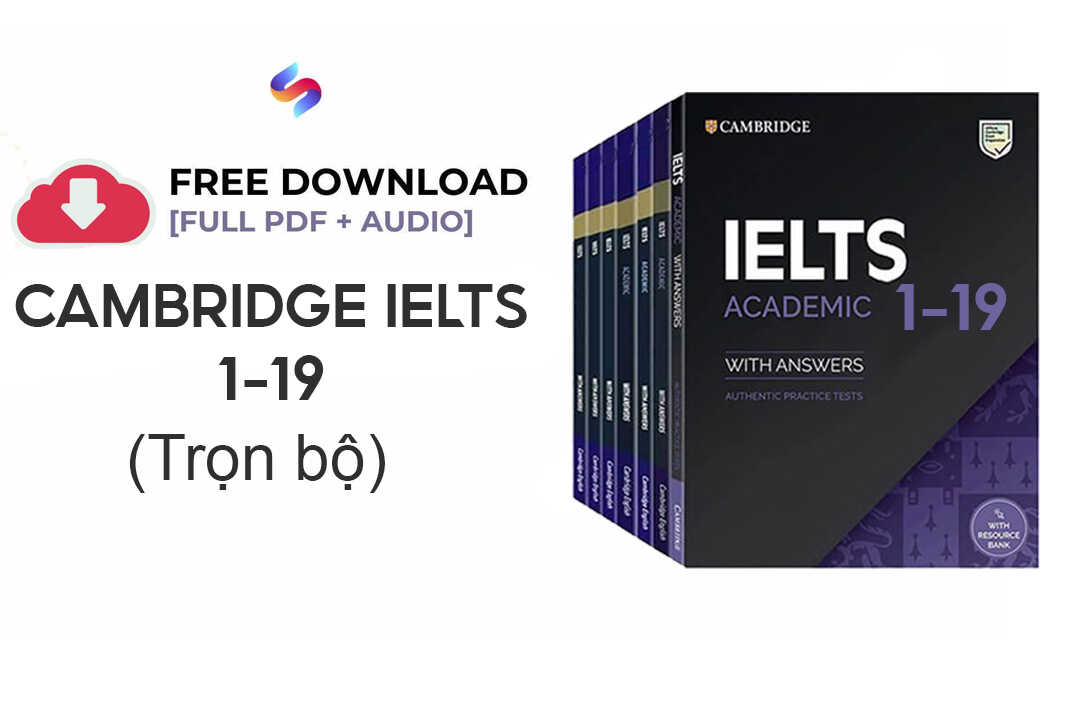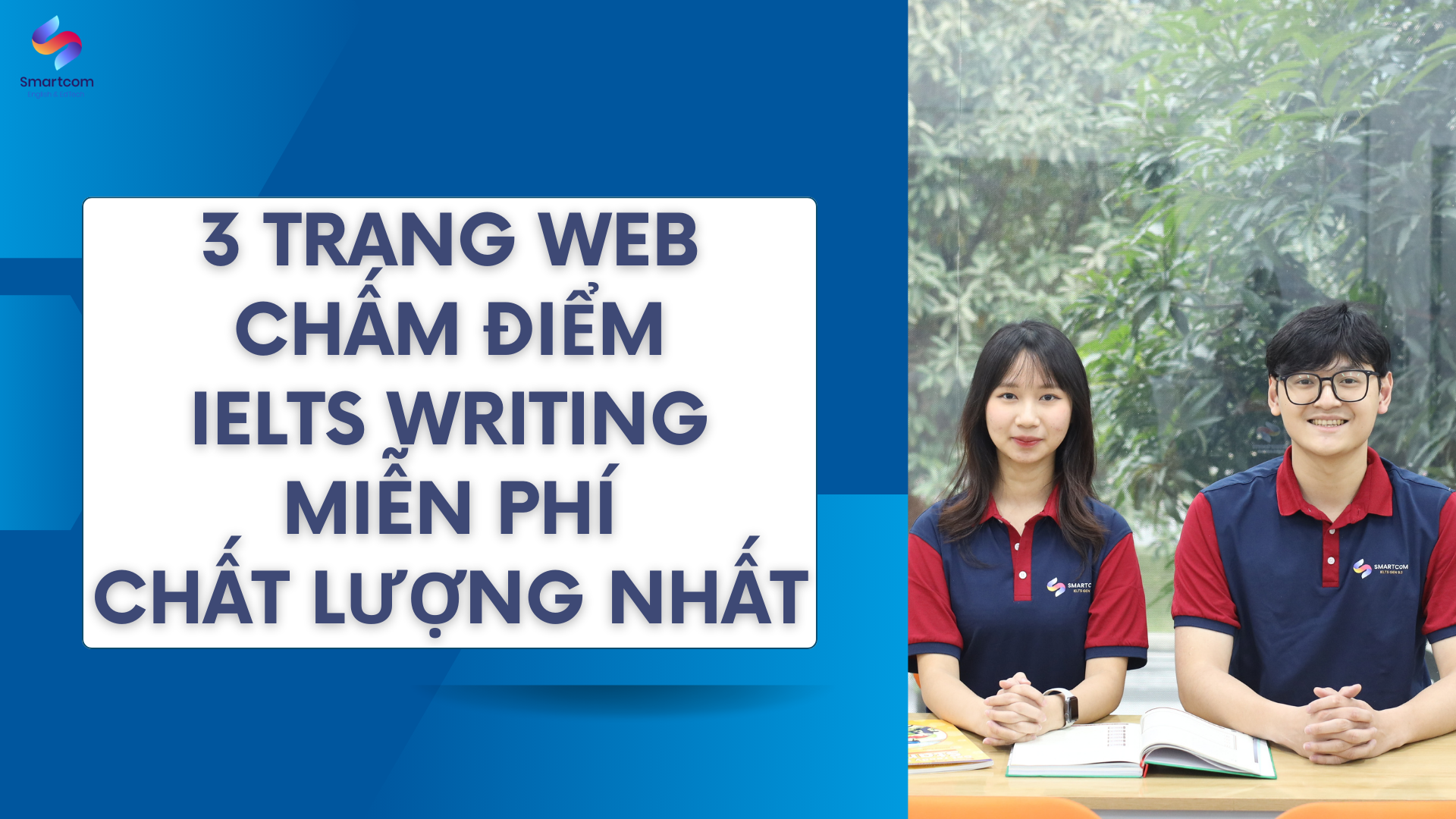
Smartcom Team
Đội ngũ Smartcom
Đội ngũ chuyên gia tại Smartcom English là tập hợp những chuyên gia đầu ngành trong lĩnh vực IELTS nói riêng và tiếng Anh nói chung. Với phương pháp giảng dạy sáng tạo, kết hợp với công nghệ AI, chúng tôi mang đến những trải nghiệm học tập độc đáo và hiệu quả. Mục tiêu lớn nhất của Smartcom Team là xây dựng một thế hệ trẻ tự tin, làm chủ ngôn ngữ và sẵn sàng vươn ra thế giới.
Thông tin tổng quan
![[Download] Ebook: Giải đề IELTS Writing CAMBRIDGE 19 (PDF)](https://smartcom.vn/blog/wp-content/themes/smartcom/assets/images/date.png) 05/10/2024
05/10/2024[Download] Ebook: Giải đề IELTS Writing CAMBRIDGE 19 (PDF)
Tải miễn phí cuốn giải đề IELTS Writing Cambridge 19 với phân tích, giải thích chi tiết từ chuyên gia IELTS của Smartcom.
 09/09/2024
09/09/2024Flashcard là gì? Áp dụng học từ vựng IELTS như nào?
Flashcard là gì? Lợi ích khi ứng dụng flashcard học từ vựng tiếng Anh? Cùng Smartcom English khám phá chi tiết qua bài viết này!
 02/08/2024
02/08/2024Tải trọn bộ sách Cambridge IELTS 1-19 (pdf+audio)
Link tải trọn bộ sách IELTS Cabridge 1 – 19 kèm đáp án và hướng dẫn sử dụng chi tiết giúp bạn ôn luyện thi IELTS hiệu quả
![[PDF + Audio] Tải Sách IELTS Cambridge 15 (Kèm đáp án)](https://smartcom.vn/blog/wp-content/themes/smartcom/assets/images/date.png) 26/07/2024
26/07/2024[PDF + Audio] Tải Sách IELTS Cambridge 15 (Kèm đáp án)
Cuốn IELTS CAMBRIDGE 15 nằm trong bộ sách Cambridge nổi tiếng với các thí sinh luyện thi IELTS trên toàn thế giới, tải về ôn luyện ngay!

![[Download] Ebook: Giải đề IELTS Writing CAMBRIDGE 19 (PDF)](https://smartcom.vn/blog/wp-content/uploads/2024/10/giai-de-cam-19.jpg)







![[PDF + Audio] Tải Sách IELTS Cambridge 15 (Kèm đáp án)](https://smartcom.vn/blog/wp-content/uploads/2024/07/ielts-cambridge-15_optimized.jpg)
![[PDF + Audio] Tải Sách IELTS Cambridge 19 (Kèm đáp án)](https://smartcom.vn/blog/wp-content/uploads/2024/06/ielts-cambridge-19_optimized.png)
![[PDF + Audio] Tải Sách IELTS Cambridge 17 (Kèm đáp án)](https://smartcom.vn/blog/wp-content/uploads/2024/07/sach-ielts-cambridge-17_optimized.jpg)
